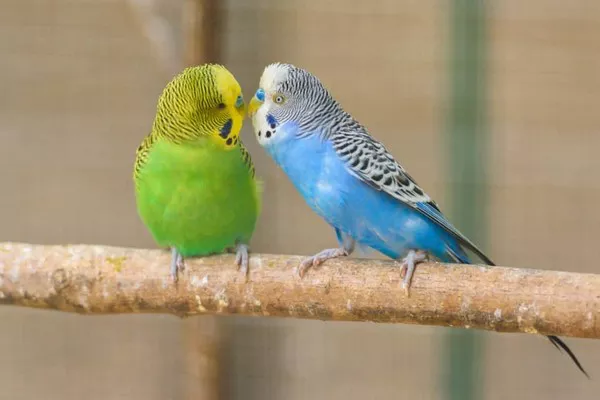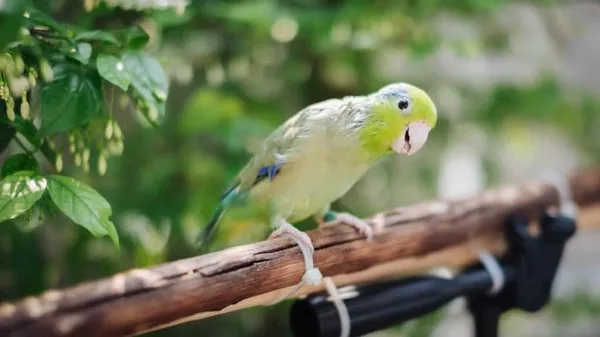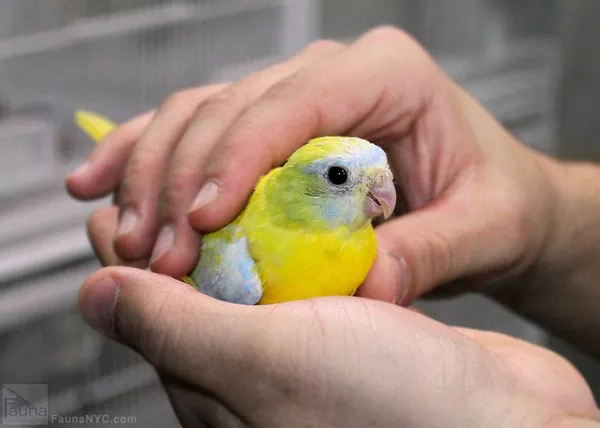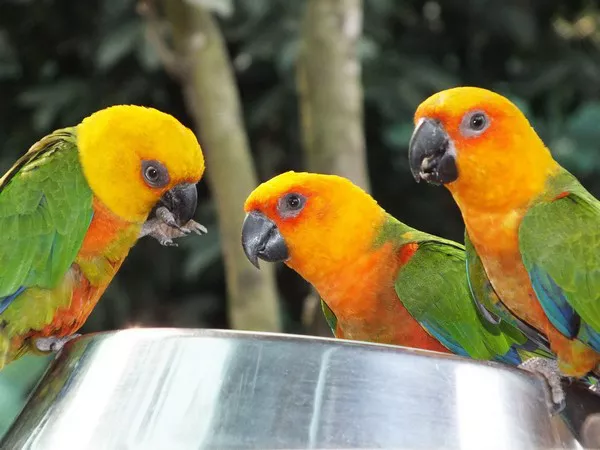African parrots, known for their stunning plumage, remarkable intelligence, and charming personalities, have become popular pets among bird enthusiasts and avian aficionados. However, determining the cost of acquiring an African parrot can be a complex task, influenced by various factors, including the type of parrot, its age, and where you purchase it. In this article, we will explore the factors that influence the price of African parrots, discuss the different types available, and provide insights into what to consider when bringing one of these magnificent birds into your life.
Understanding African Parrot Types
African parrots encompass several species, each with its unique characteristics, appearances, and price ranges. Let’s take a closer look at some of the most sought-after African parrot types:
African Gray Parrots (Psittacus erithacus):
African Gray Parrots are celebrated for their exceptional intelligence and ability to mimic human speech. They are one of the most popular choices among parrot enthusiasts. The price for an African Gray Parrot can range widely, from $1,000 to $3,000 or more, depending on factors like age and training.
African Senegal Parrots (Poicephalus senegalus):
Senegal Parrots are known for their playful personalities and striking green and yellow plumage. They are generally more affordable than African Grays, with prices ranging from $200 to $800.
African Meyer’s Parrots (Poicephalus meyeri):
Meyer’s Parrots are smaller in size and often boast vibrant green feathers. Their prices can vary, typically falling in the range of $500 to $1,200.
African Lovebirds (Agapornis spp.):
African Lovebirds are smaller parrots with charming personalities and vividly colored plumage. They are relatively affordable, with prices ranging from $50 to $200.
African Ring-necked Parakeets (Psittacula krameri):
These parakeets are known for their striking colors and intelligence. Prices can vary widely, typically falling between $200 and $600.
Factors Influencing African Parrot Prices
Age of the Parrot:
The age of the parrot plays a significant role in its price. Baby parrots, known as “hand-fed” or “weaned” birds, tend to be more expensive than older parrots. Younger birds require more care and attention during the critical early stages of development.
Training and Socialization:
Parrots that have been trained to interact with humans and have been well-socialized often come with a higher price tag. They are generally easier to handle and integrate into a household.
Color Mutations and Rarity:
Some parrots exhibit unique color mutations or rare traits that can significantly affect their price. These exceptional features can make a parrot more valuable to collectors and breeders.
Breeder Reputation:
The reputation of the breeder or seller can also influence the price. Reputable breeders who prioritize the health and well-being of their birds may charge more for their parrots.
Local Market Demand:
Prices can vary from one region to another due to differences in local market demand and availability. Urban areas with a high demand for exotic pets may see higher prices.
Health and Veterinary Care:
Parrots that come with health certificates and have received regular veterinary care may be more expensive due to the assurance of good health.
Cage and Accessories:
When purchasing a parrot, it’s important to consider the additional costs of a suitable cage, toys, and other accessories that contribute to the bird’s well-being.
Considerations Before Purchasing an African Parrot
Lifestyle Commitment:
Owning an African parrot is a long-term commitment, as these birds can live for several decades. Be prepared for the responsibilities of daily care, social interaction, and mental stimulation.
Budget:
Beyond the initial purchase price, consider ongoing expenses, including food, vet bills, and cage maintenance. A budget for these costs is essential for responsible parrot ownership.
Research and Education:
Educate yourself about the specific needs of the parrot species you’re interested in. Understanding their dietary requirements, social needs, and behaviors is crucial for their well-being.
Rescue and Adoption:
Consider adopting a parrot from a rescue organization or shelter. Many parrots are in need of loving homes, and adoption can be a rewarding experience.
Conclusion
The price of an African parrot can vary widely based on factors such as the species, age, training, and local market demand. Owning an African parrot is not just a financial investment but also a long-term commitment of time and care. It’s essential to thoroughly research and prepare for the responsibilities of parrot ownership before bringing one of these magnificent birds into your life. By understanding the factors that influence the cost and considering your own readiness for the commitment, you can embark on a fulfilling journey as a proud African parrot owner.
Recommended reading:
























